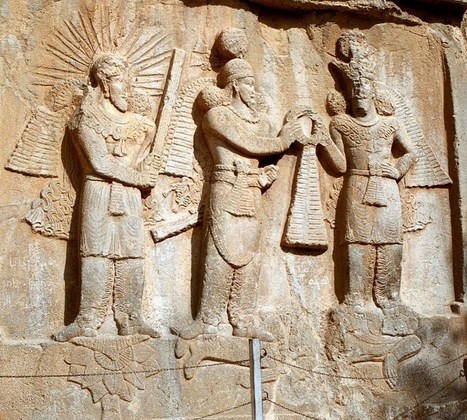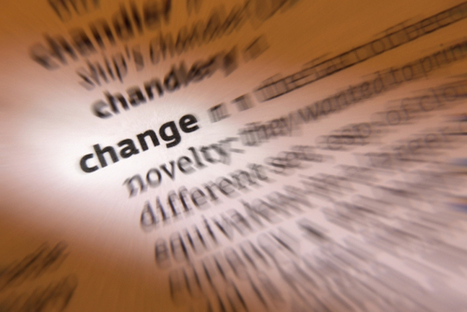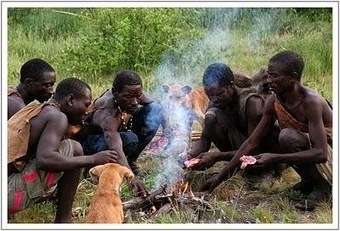One of the most profound changes that occurs when modern schooling is introduced into traditional societies around the world is a radical shift in the locus of power and control over learning from children, families, and communities to ever more centralized systems of authority. While all cultures are different, in many non-modernized societies children enjoy wide latitude to learn by free play, interaction with other children of multiple ages, immersion in nature, and direct participation in adult work and activities. They may have meaningful responsibilities in the economic life of the family and may be expected to treat elders with respect, but there is often little direct adult control over their individual moment-to-moment movements and choices, and they learn by experience, experimentation, trial and error, by independent observation of nature and human behavior, and through voluntary community sharing of information, story, song, and ritual. Local elders and community traditions are autonomous and respected as sources of wisdom and practical knowledge, and children are integrated into local livelihoods, knowledge systems, and ethical and spiritual awareness through elegantindigenous pedagogies that have been honed over generations to minimize conflict while effectively transmitting what each child needs to know to be a successfully functioning member of the community.
 Your new post is loading...
Your new post is loading...














